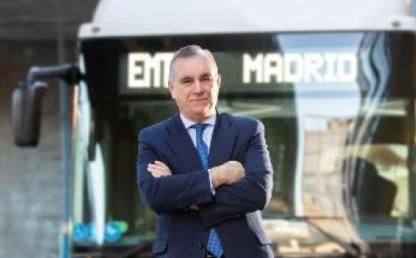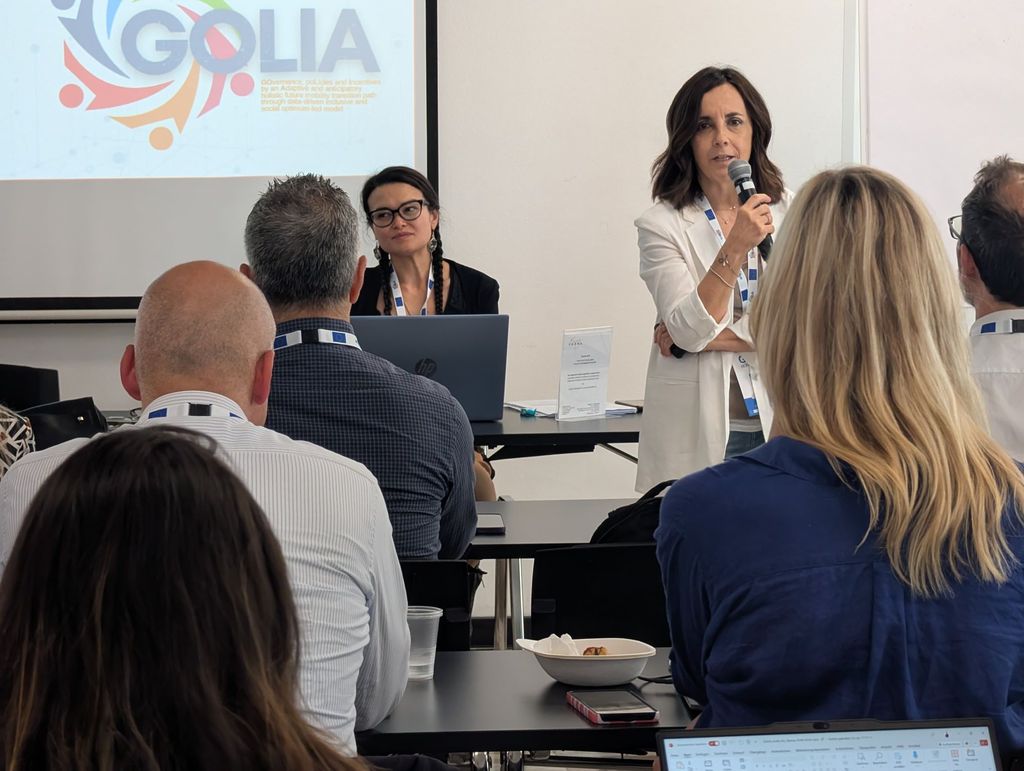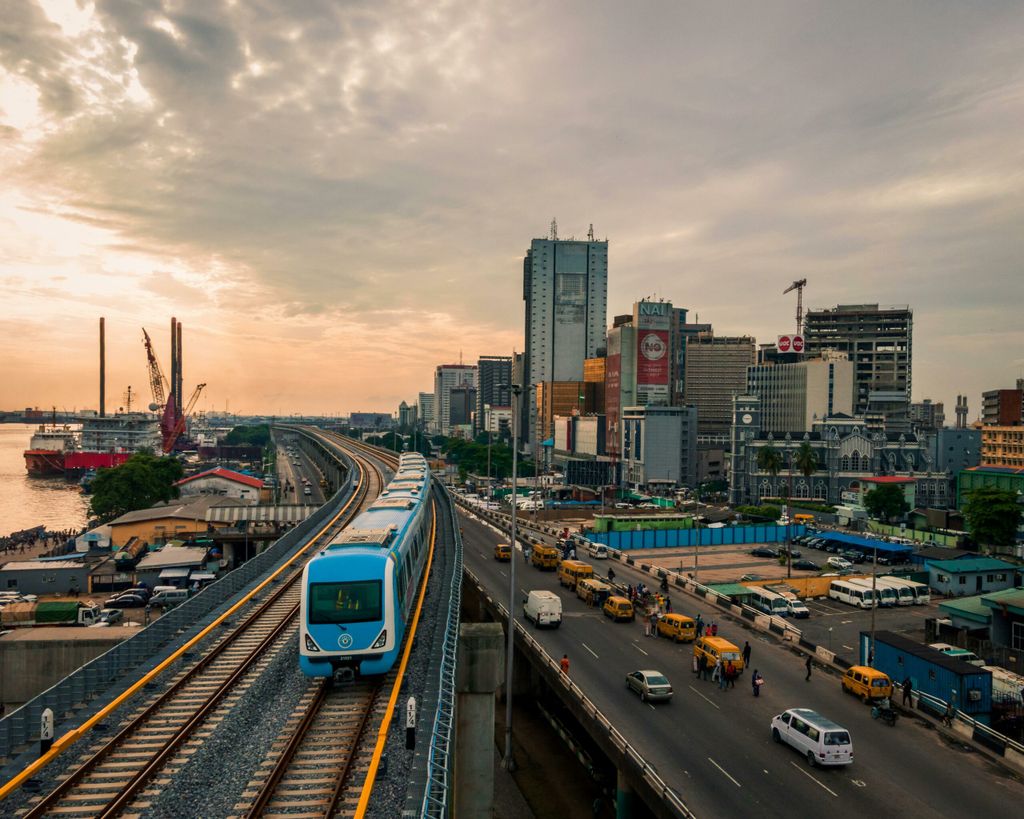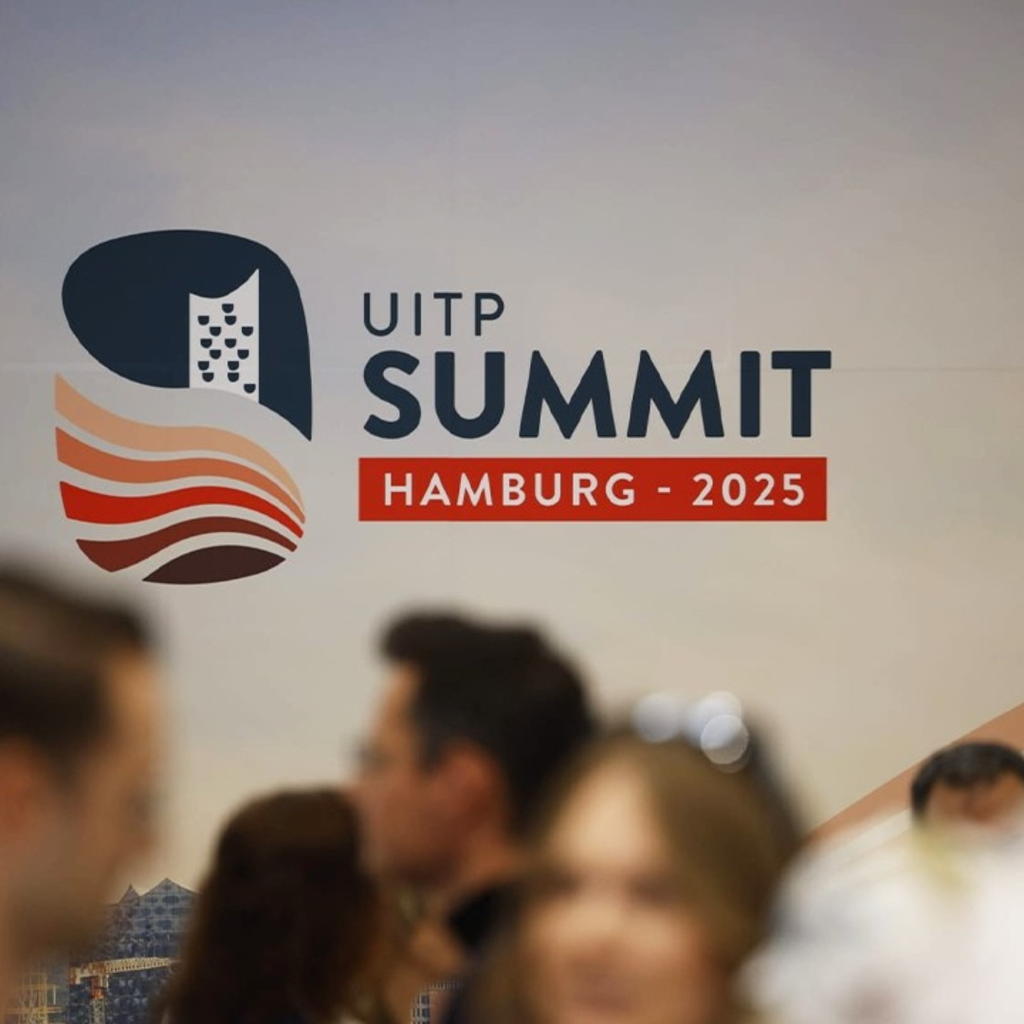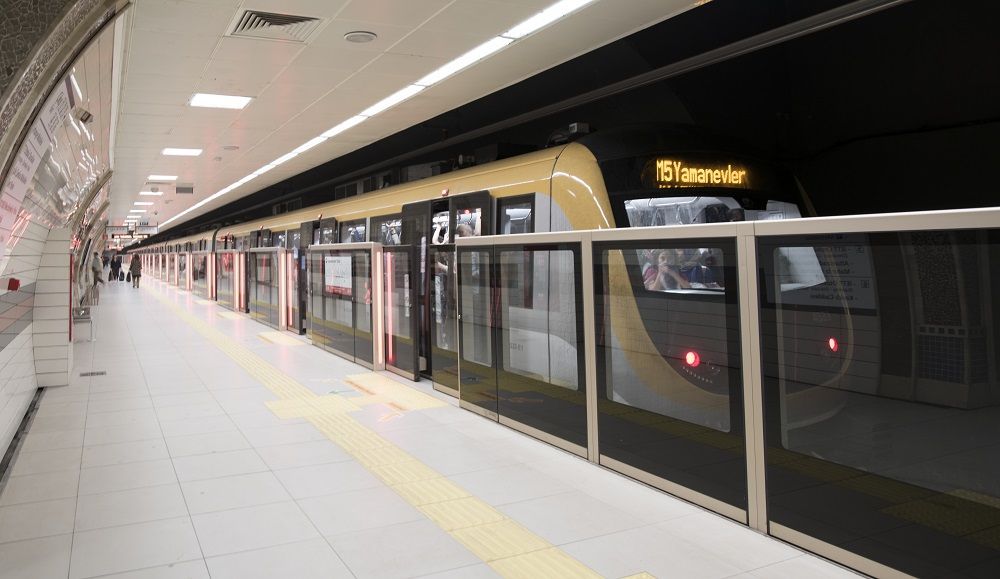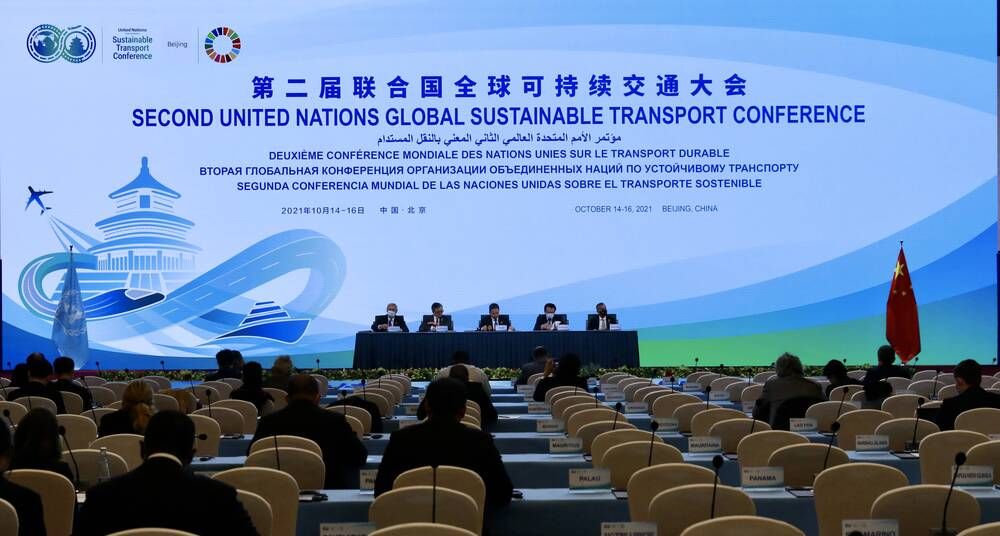
Looking to the future: the 2nd United Nations Global Sustainable Transport Conference
Building On Sustainable Transport
With objectives of universal access, enhanced safety, and reduced environmental and climate impact, the Second United Nations Global Sustainable Transport Conference focussed attention on the opportunities, challenges and solutions towards achieving sustainable transport worldwide.
This past week, UITP played a major role in the conference held in Beijing, China: from side events with UCLG and UN-Habitat to moderating the session on sustainable transport and sustainable cities.
Walking, Cycling, Public Transport
In the 6th thematic session ‘Sustainable transport and sustainable cities’, moderated by UITP Secretary General Mohamed Mezghani* experts discussed the future of mobility in cities.
Panellists included:
- Jean Todt, United Nations Secretary General’s Special Envoy for Road Safety,
- Rehana Moosajee Former Councilor in the City of Johannesburg and founder of The Barefoot Facilitator,
- Jill Warren, CEO of the European Cyclists’ Federation,
- Rob McInerney, CEO of the International Road Assessment Programme,
- Zhao Zesheng, First-class Inspector, Urban Construction Department, Ministry of Housing and Urban-Rural Development, China.
Maimunah Mohd Sharif, Executive Director, United Nations Human Settlement Programme UN-Habitat for example, remarked that in recent decades, cities have been planed for cars rather than people. She recommends to cross subsidise public transport with revenues from car parking fees, congestion charging or taxes on fuel.
“Sustainability is about more than just environment, but also about accessibility, inclusion, safety, health & efficiency. A combination of walking, cycling and public transport is the solution. Today’s Conference offers a unique opportunity for us all to recognise this and to declare our support for a World Public Transport Day.”
Make it safe, make it liveable
The importance to prioritise walking, cycling and public transport was emphasised by Tedros Adhanom Ghebreyesus, Director-General of the World Health Organization. Rehana Moosajee meanwhile, recommended these policies always be rooted in local realities and sensitivities. In Africa for example, informal collective transport plays a critical role and should be considered as part of the solution.
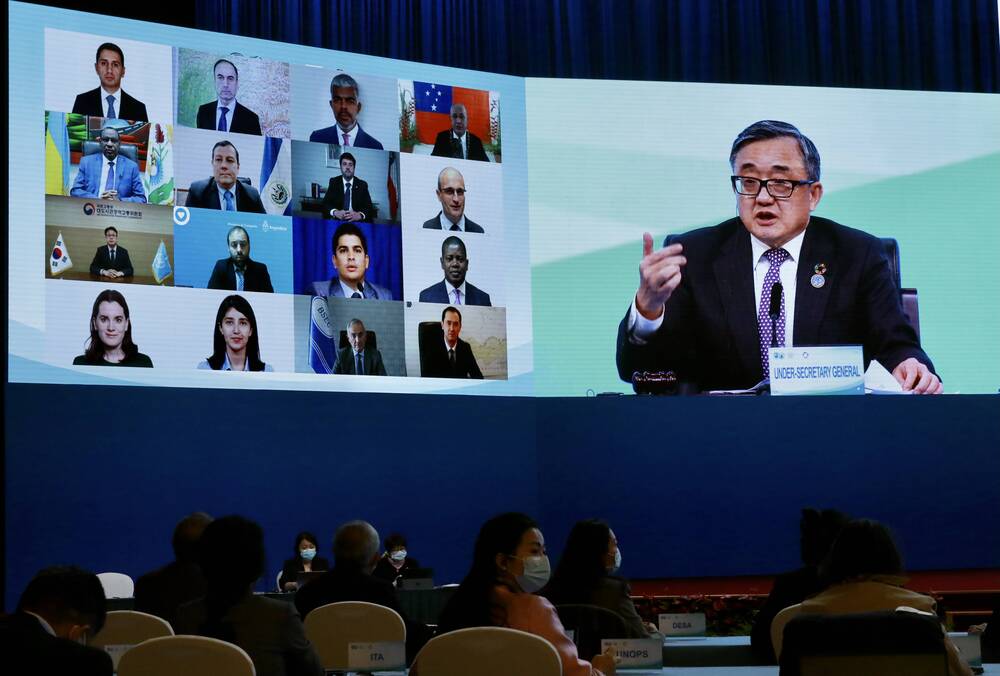
According to Jean Todt sustainable mobility in urban areas requires a combination of policy elements including investments in affordable public transport and climate friendly, efficient and multimodal mobility options. “Currently 1.4 million people die on our roads each year. An estimated half of these lives are lost in urban areas. Safe mobility cannot just be another criterium, but rather a basic condition for liveable cities.”
Jill Warren meanwhile, emphasised the need to disincentivise the use of private cars in urban areas. “Make sure that more sustainable and active forms of mobility, like cycling, are attractive and affordable options for everybody.“ Finally, Zhao Zesheng added that a holistic approach in which land use and the development of transport infrastructure is vital to ensure sustainable transport in urban areas.
“Cities should prioritize accessible and safe streets, putting people at the center, implementing participatory coordination and integrated land use & transport planning. Public transport must be the backbone of urban mobility in all crisis recovery strategies.”
Safe, Affordable, Accessible And Sustainable Transport For All
Together with UN-Habitat, on 14 October, UITP published the progress report on SDG 11.2. This Sustainable Development Goal aims that “all citizens will have access to safe, affordable, accessible and sustainable transport systems by 2030 by expanding public transport”.
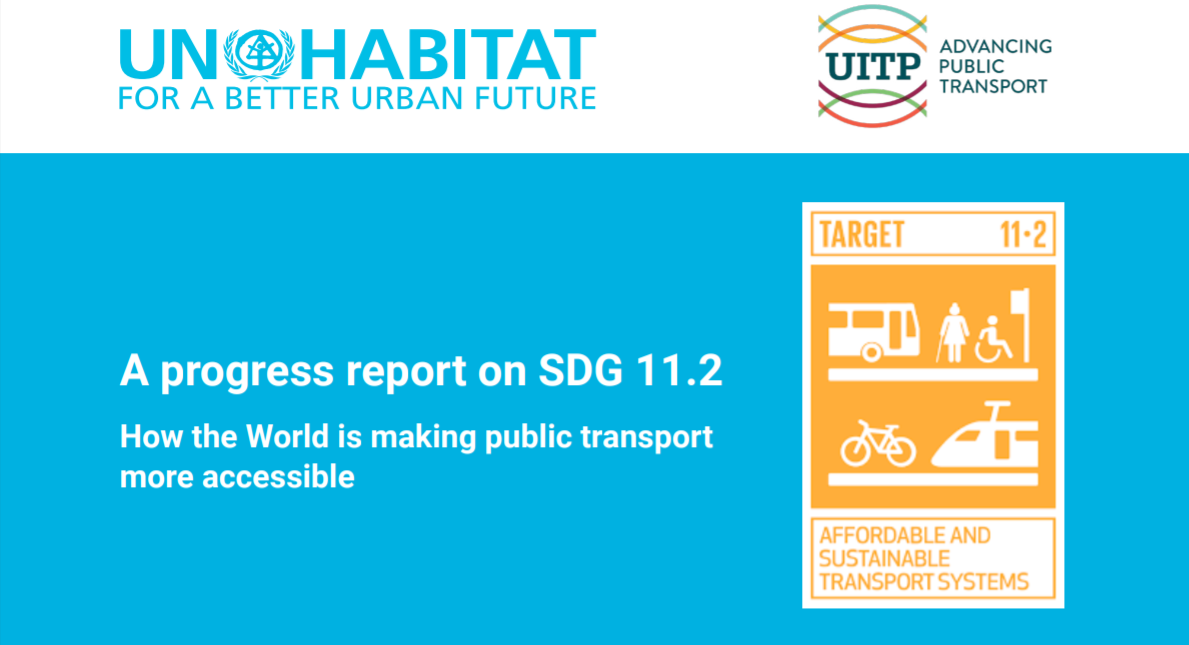
The event was co-organised by the International Union of Railways (UIC), the International Association of Public Transport (UITP), ICLEI – Local Governments for Sustainability, and UN-Habitat.
In the report, data from both UITP and UN-Habitat lay out the world’s progress towards SDG 11.2 and shares the lessons learned from the first years of work to reach that goal. It also provides a set of key recommendations to support implementation through improved monitoring and reporting.
“Public transport has to become an essential part of a green recovery”, said Philip Turner, Head of Sustainable Development at UITP. “If we continue to nurture public transport, it will draw people into cities and create a better, more sustainable environment and economy. Only with commitment from policy makers, industries and citizens, can public transport and its workers, continue to bring cities to life.”
*Acting on behalf of Mohamed Mezghani SARL
Contact
UITP

UITP

become a member

